rylah
Gold Member
- Jun 10, 2015
- 21,186
- 4,491
- 290
Smotrich Meets with the UAE Ambassador to Israel
Religious Zionism Party leader Bezalel Smotrich met on Wednesday with the United Arab Emirates Ambassador to Israel Mohamed Al Khaja.
Smotrich tweeted that the two held an “introductory meeting” at the Knesset in Jerusalem.
“We discussed the good relations between the countries and the great potential of deepening the economic cooperation between us for the benefit of the entire region. This is what true peace looks like,” wrote Smotrich.
Al Khaja was pictured earlier this month greeting Otzma Yehudit head Itamar Ben-Gvir at an event at the UAE’s embassy marking the country’s 51st National Day.
Read more -

Smotrich Meets with the UAE Ambassador to Israel
“This is what true peace looks like,” tweets the Religious Zionist Party head.
 www.jewishpress.com
www.jewishpress.com

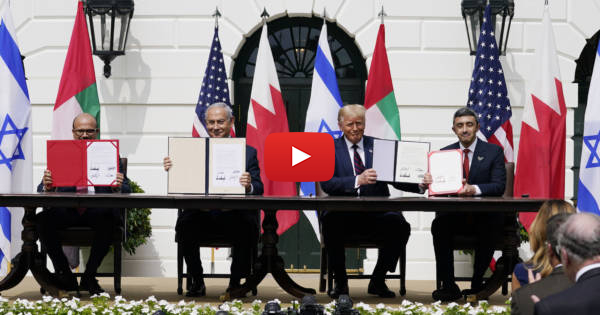


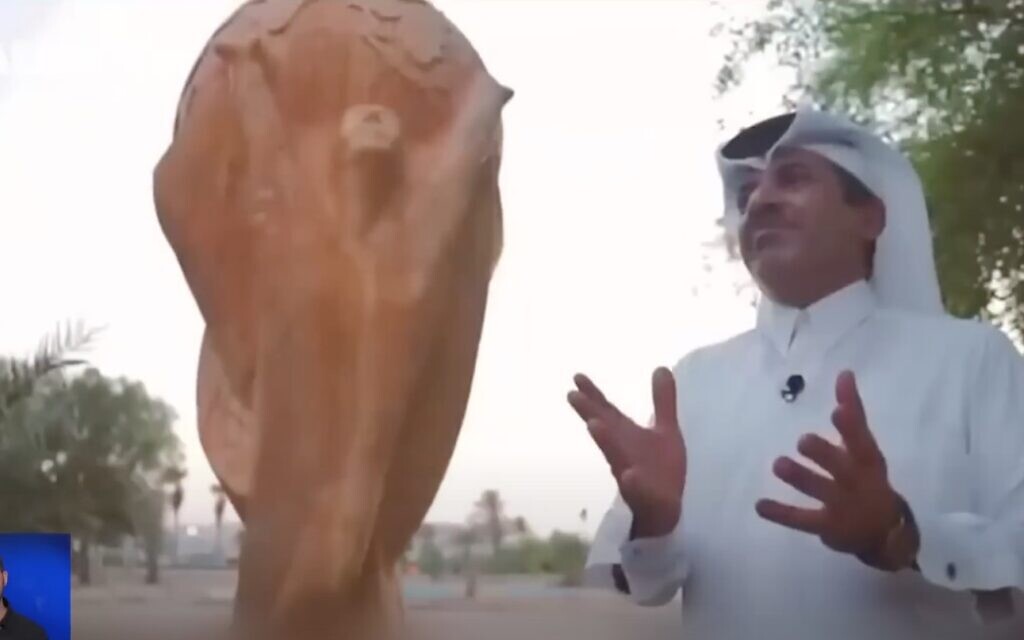




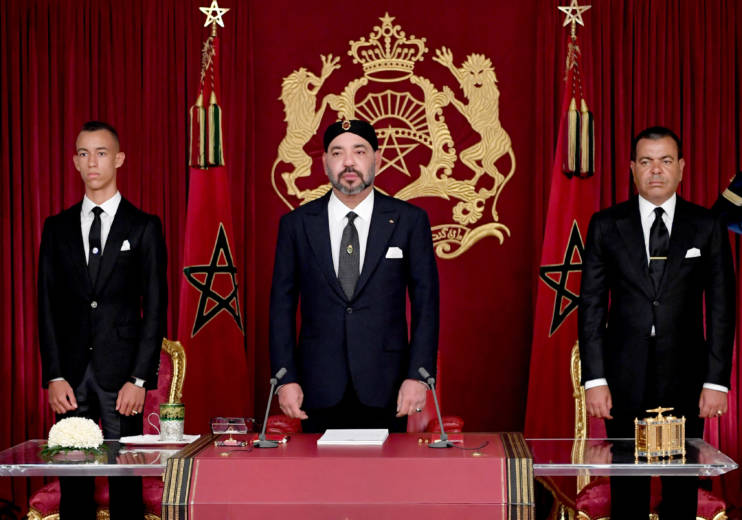
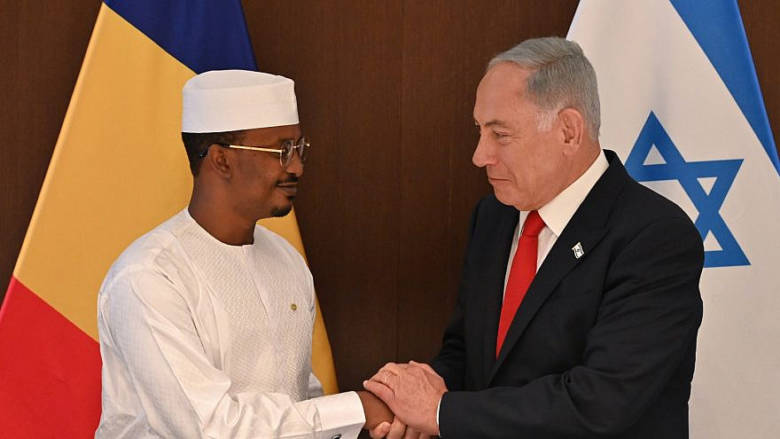
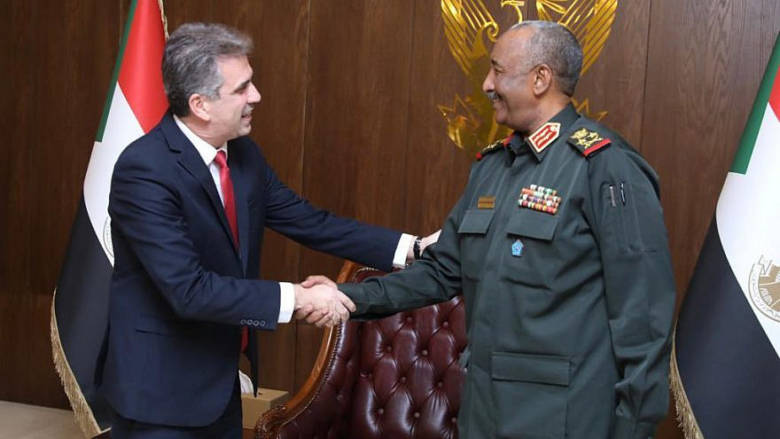
:quality(70):focal(1858x946:1868x956)/cloudfront-eu-central-1.images.arcpublishing.com/thenational/GVJGBDOJCXPDBP7QTGIHDAIETM.jpg)